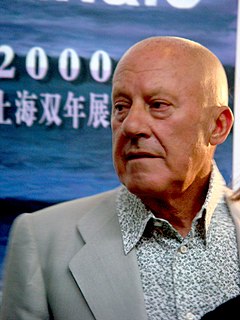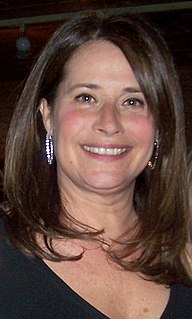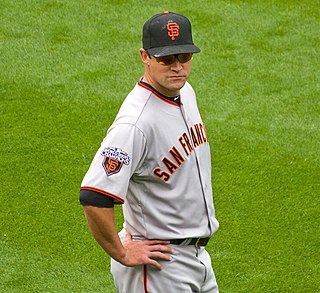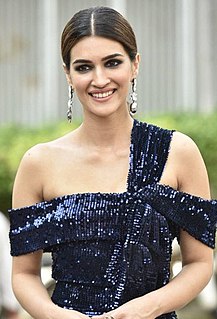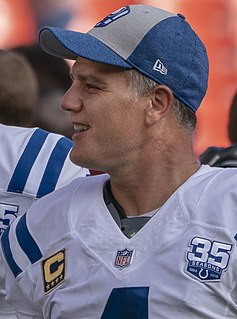A Quote by Norman Foster
The only honourable work my parents knew was blue-collar. But while my father Robert ran a pawnbroker's shop, and my mother was a waitress, I moved into a middle-class world with a level of security they never knew.
Related Quotes
My parents, like others of "The Greatest Generation" who lived through the Great Depression and World War II, wanted to provide the best possible life for their children. My mother and father both attended college but dropped out to earn a living during the Depression, working the rest of their lives at blue-collar work.
My father was a world-class scientist and my mother was a prolific painter. I could see that my parents had completely different ways of knowing and understanding the world, and relating to it. My father approached things through scientific inquiry and exploration, while my mother experienced things through her emotions and senses.
Before I knew that I was Jewish or a girl I knew that I was a member of the working class. At a time when I had not yet grasped the significance of the fact that in my house English was a second language, or that I wore dresses while my brother wore pants, I knew--and I knew it was important to know--that Papa worked hard all day long.
